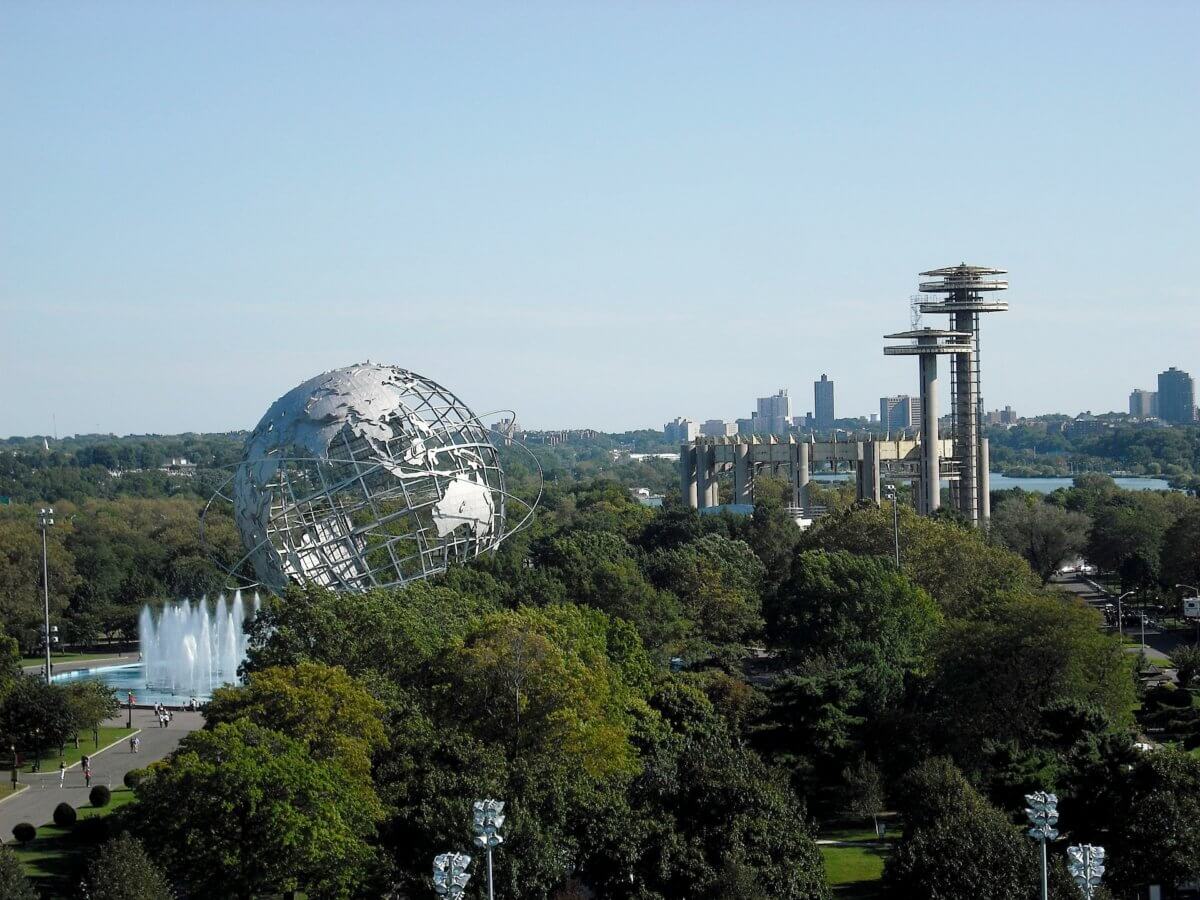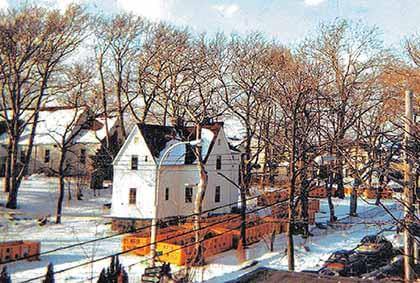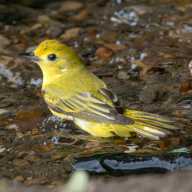Waterfront Alliance announced that its proposed climate resilience plan for Flushing Meadows Corona Park has been awarded $531,000 in Community Project Funding as part of the new federal spending package that was recently signed into law.
Last spring, Congresswoman Grace Meng submitted her 10 community funding requests to the House Appropriations Committee for review.
The primary objectives of Waterfront Alliance’s “Flushing Meadows Corona Park: A Hub for Climate Resilience” are to increase public awareness about local climate risks; build community participation in planning and infrastructure projects; and identify potential resilience solutions for future investigations and development.
“As Queens’ signature local and destination park, serving several central and northern Queens communities with high social vulnerability, we must ensure that the park and surrounding communities are prepared for our climate future,” Waterfront Alliance VP of Programs Karen Imas said. “Tremendous thanks to Congresswoman Meng for her climate leadership. This project is particularly timely as increased funding may come to our region for climate change adaptation projects per the infrastructure funding package.”
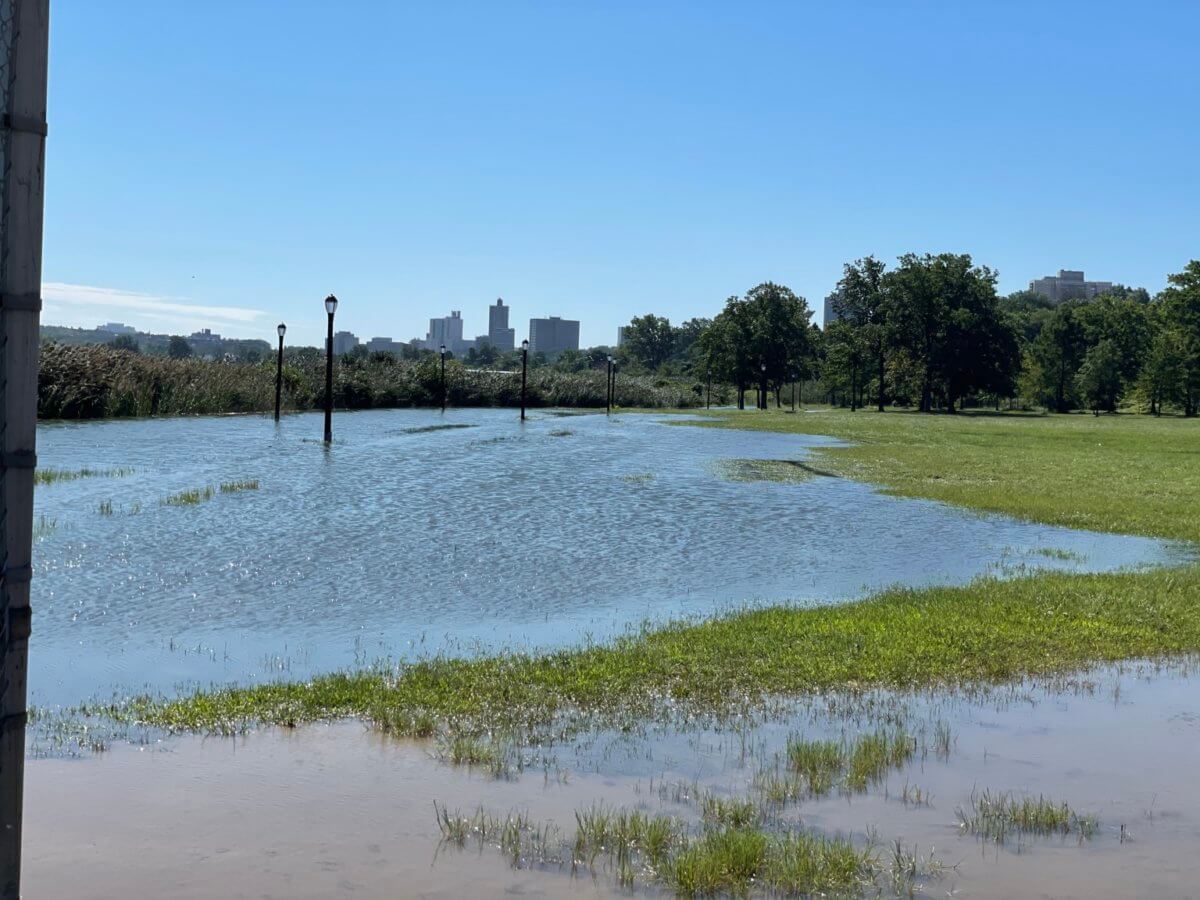
Working with Queens community leaders, partners in city government and academia, Waterfront Alliance will provide tools and lead events to share and gather information that will culminate in a climate visioning for the park. These concrete recommendations and concept plans can better position the park and surrounding community to receive city, state and federal funding for resilience projects.
“Flushing Meadows Corona Park is a beautiful landmark of our district. It provides a lovely area for recreational and leisure activities, refuge from the heat in the summer and possesses one of the most beautiful sculptures in all of New York, the Unisphere,” Meng said. “That is why I am so pleased that the Waterfront Alliance will receive funding through the new government spending package to help the park battle the effects of climate change. Stormwater from surrounding neighborhoods continuously flood the park and in some areas, the park is projected to be permanently flooded due to the rising sea levels in the coming decades. The funds will help make key assessments, plan out necessary strategies, and begin implementation to help keep the park open for Queens residents for generations to come.”
Flushing Meadows Corona Park was identified by the Center for an Urban Future as the most-flooded park in the city alongside Forest Park due to increasingly heavy rains. Recent extreme weather events including Hurricane Ida reinforce the need for better preparation and planning. Torrential waters forced the NYPD to conduct multiple rescues in Flushing Meadows Corona Park when stormwater from the Grand Central Parkway and the Van Wyck Expressway ran off into areas of the park. Access to recreational programs and facilities in the park was halted due to sustained damage to buildings.
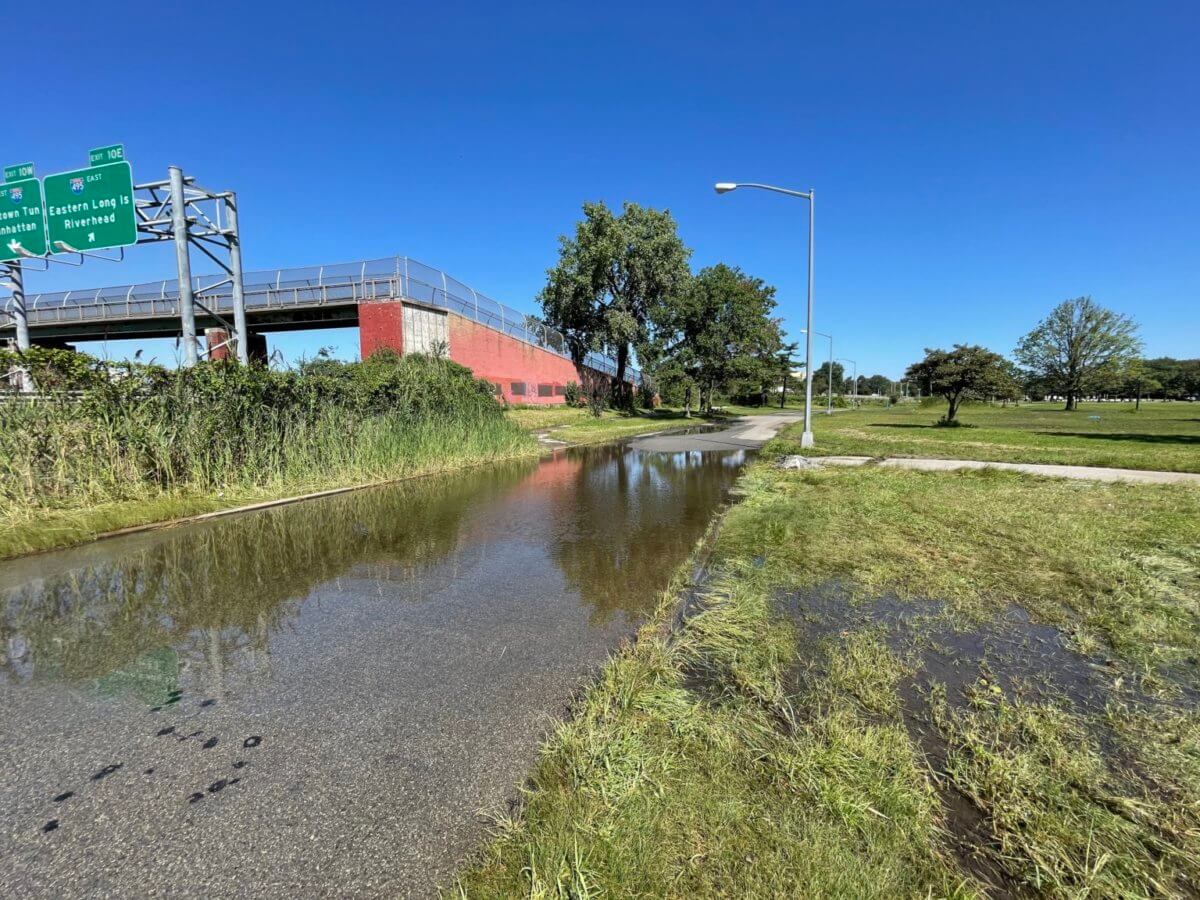
“Once a flourishing tidal wetland that absorbed waters from Flushing Bay and the Long Island Sound, Flushing Meadows Corona Park has undergone many transformations — a coal ash dumping ground, two World’s Fairs and one of the top 10 biggest parks in NYC,” Guardians of Flushing Bay (GoFB) Executive Director Rebecca Pryor said. “GoFB is eager to play a role to envision the park’s next stage of transformation: as a climate resilient hub for the surrounding environmental justice communities who depend on it. We are looking forward to collaborating with Waterfront Alliance and our local partners in this process, and we are sincerely thankful to Congress member Grace Meng for making the project possible.”
Additionally, the park faces risks due to sea level rise and storm surge, with much of the park facing permanent inundation by 2080, according to the New York Panel on Climate Change, and other areas only recently being brought back online following damage from Hurricane Sandy.
“NYC Parks is committed to improving Flushing Meadows Corona Park and ensuring this iconic park is resilient for decades to come,” NYC Parks Commissioner Sue Donoghue said. “To that end, more than $350 million has already been invested in recent and upcoming park renovations, including projects that increase resiliency and improve stormwater management. We’re grateful for the Waterfront Alliance’s partnership to raise awareness and engage the community around these important issues.”

